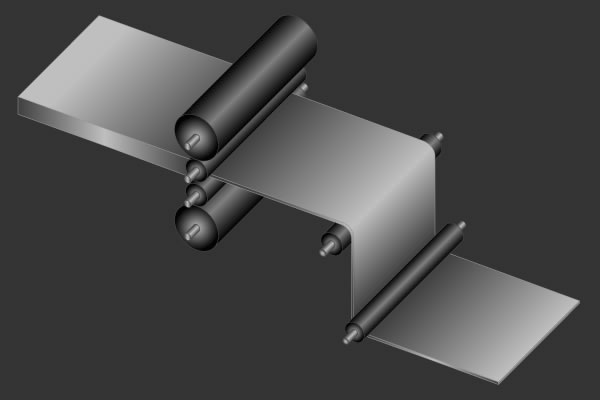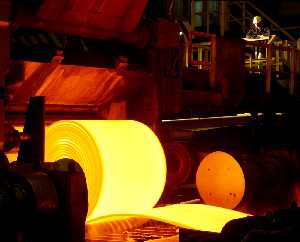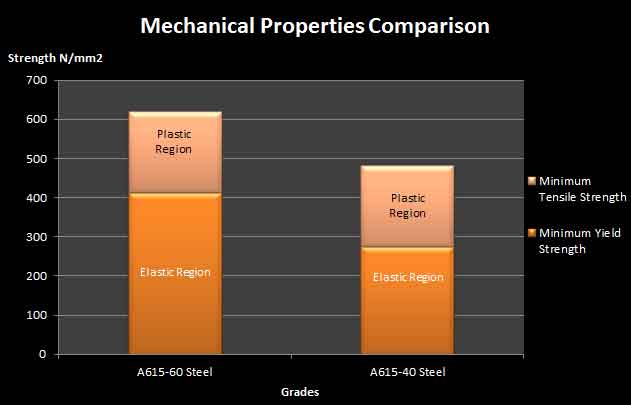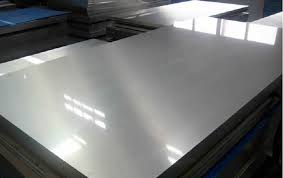Cold Working Impact on Material Properties and Limitations
Cold Working is the processing of a metal by plastic deformation. This cold processing is executed as a consequence of dislocation arrangements within the crystal formation of the material. Any metal or alloy with a sensibly elevated melting point can be deformed by this manipulative process. Cold working processes are described by mechanically treating the subjective part at a temperature beneath its re-crystallization temperature, generally at the surrounding temperature. Cold working is also recognized as work hardening.
Cold Worked Material Properties
The resultant metal after the process of cold working is less ductile; therefore this is a limitation of cold working process. For the same reason work hardened parts must not be placed wherein repeated tensile stresses are anticipated on parts. It is because work hardened metals are more susceptible to fracture because of less ductility.
Limitations of the Cold Working Process
Alloys like low-carbon steels, which are not feasible for heat treatment, are subjected to cold rolling. During cold working, the work piece experiences work hardening and the micro-structure distorts to track the form of the work piece contour. Contrasting hot working processes, the insertions and grains deformation to pursue the outline of the surface, consequences in anisotropic mechanical properties. The boost in strength due to cold working process or work hardening process is similar to that of heat treatment and sudden cooling processes. A number of substances cannot be work-hardened at average surrounding temperatures, for example indium. On the other hand others can only be made stronger through work hardening, for example pure copper and aluminum. In cold working, there are cold forming techniques as well, which are typically categorized into four main factions: squeezing, bending, drawing, and shearing.







